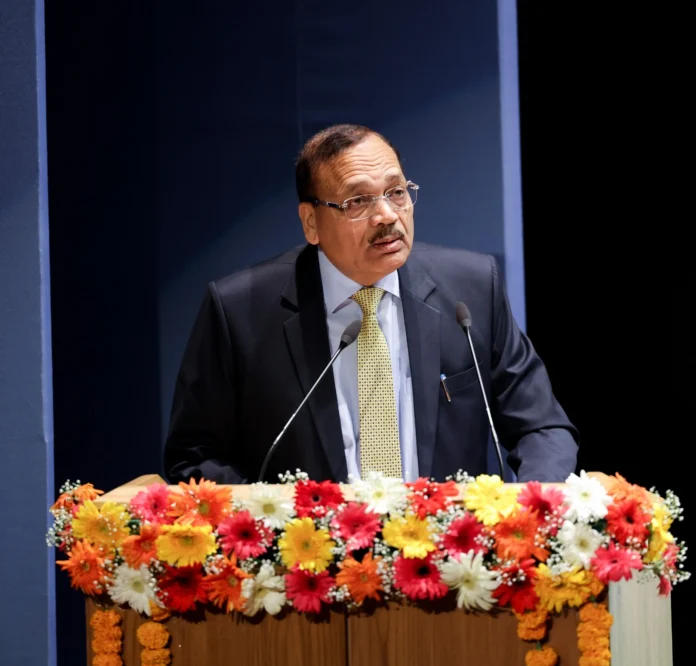Speaking at the 2nd National Mediation Conference in Bhubaneswar, Supreme Court judge Justice Surya Kant expressed a clear preference for mediation as the future of dispute resolution in India. He explained that the true purpose of justice is not simply to declare a winner and a loser, but to restore peace and harmony by encouraging people to resolve their conflicts through dialogue. According to him, mediation achieves this goal far better than arbitration or traditional litigation, both of which often leave one side dissatisfied.
Justice Kant pointed out that while arbitration has its place, it suffers from many of the same drawbacks as courtroom battles. It can be expensive, time-consuming, and adversarial in nature, leading to outcomes where one party feels defeated. Mediation, on the other hand, provides affordable and inclusive solutions, allows for flexibility, and enables both parties to walk away with dignity and a sense of fairness. For these reasons, he believes it is a more socially friendly and sustainable mechanism.
He also highlighted the urgent need to build greater public confidence in mediation. For this, he recommended establishing strong mediation institutions, expanding the mediation bar created under the guidance of the Attorney General, and ensuring continuous professional development through training and orientation programmes. He stressed the importance of developing online learning tools so that mediators across the country can be trained to a high standard.
Justice Kant acknowledged that mediation has been part of India’s cultural traditions for centuries, yet its formal use in the legal system has lagged behind that of other countries. He urged stakeholders to study global models of mediation, identify best practices, and adapt them thoughtfully to suit Indian realities rather than simply replicating foreign frameworks.
In his view, justice must be accessible, affordable, and satisfying for all sections of society, particularly those who cannot afford costly legal battles. Mediation, he concluded, is uniquely capable of delivering such justice by promoting reconciliation, preserving relationships, and ensuring outcomes that leave no party feeling defeated.


